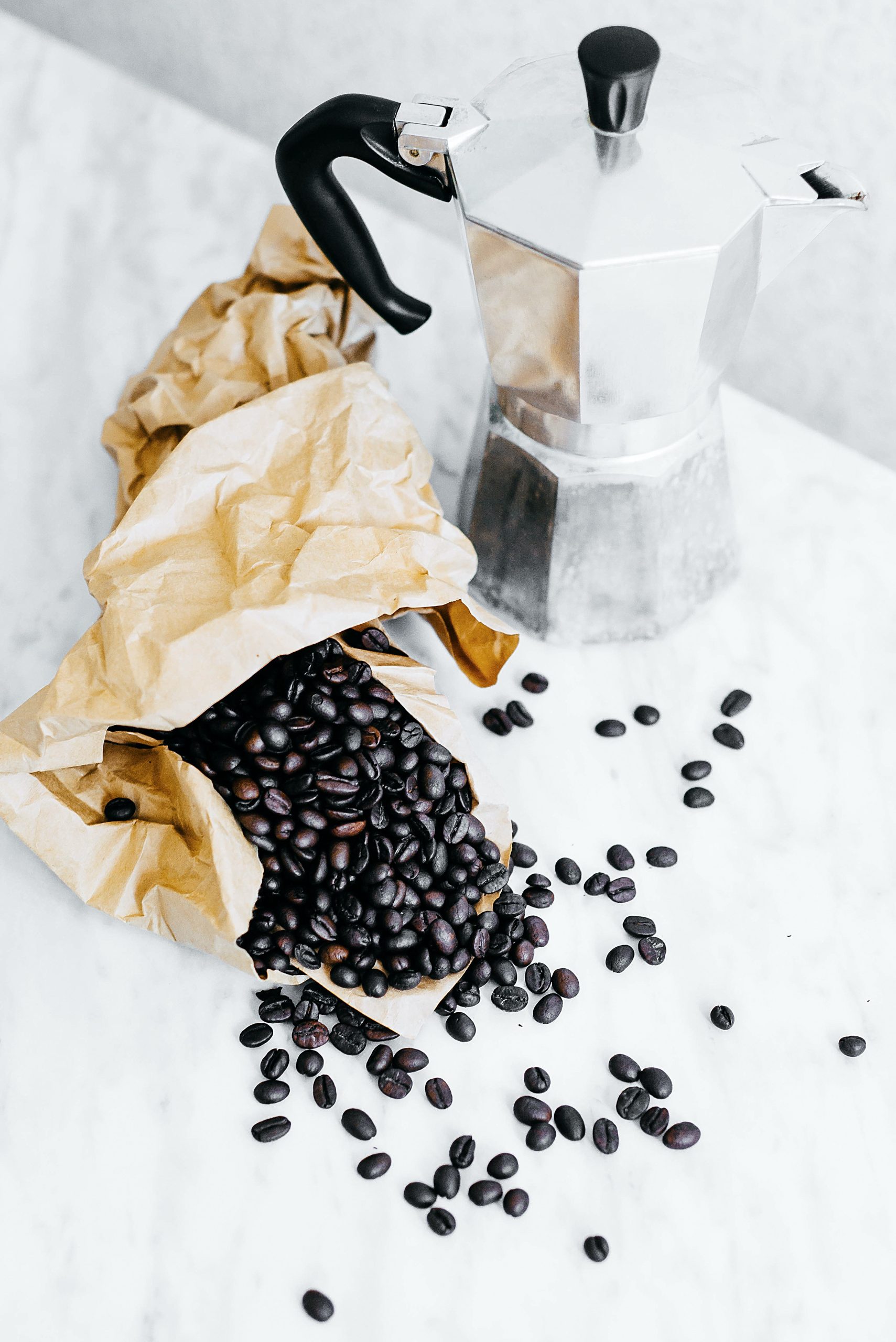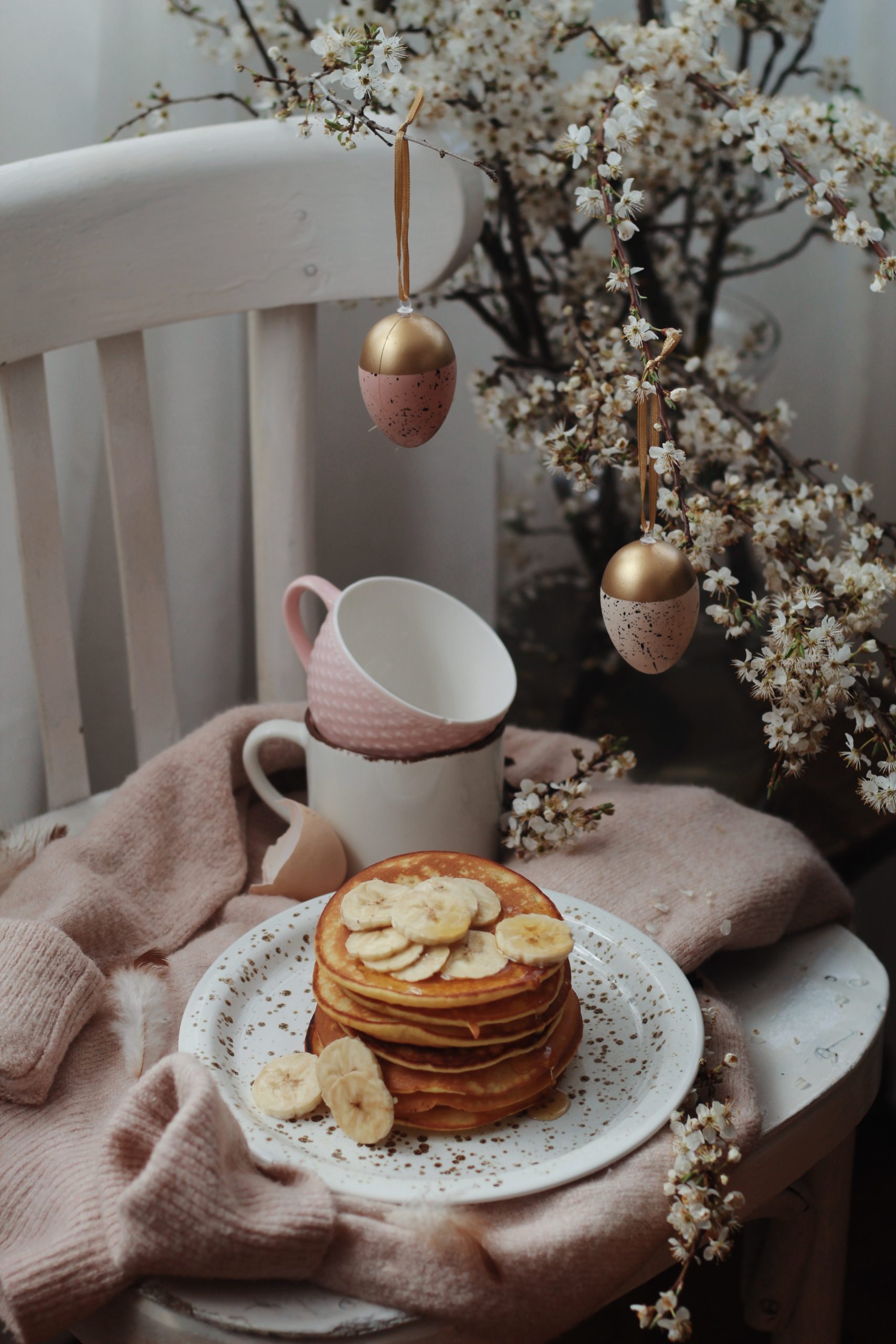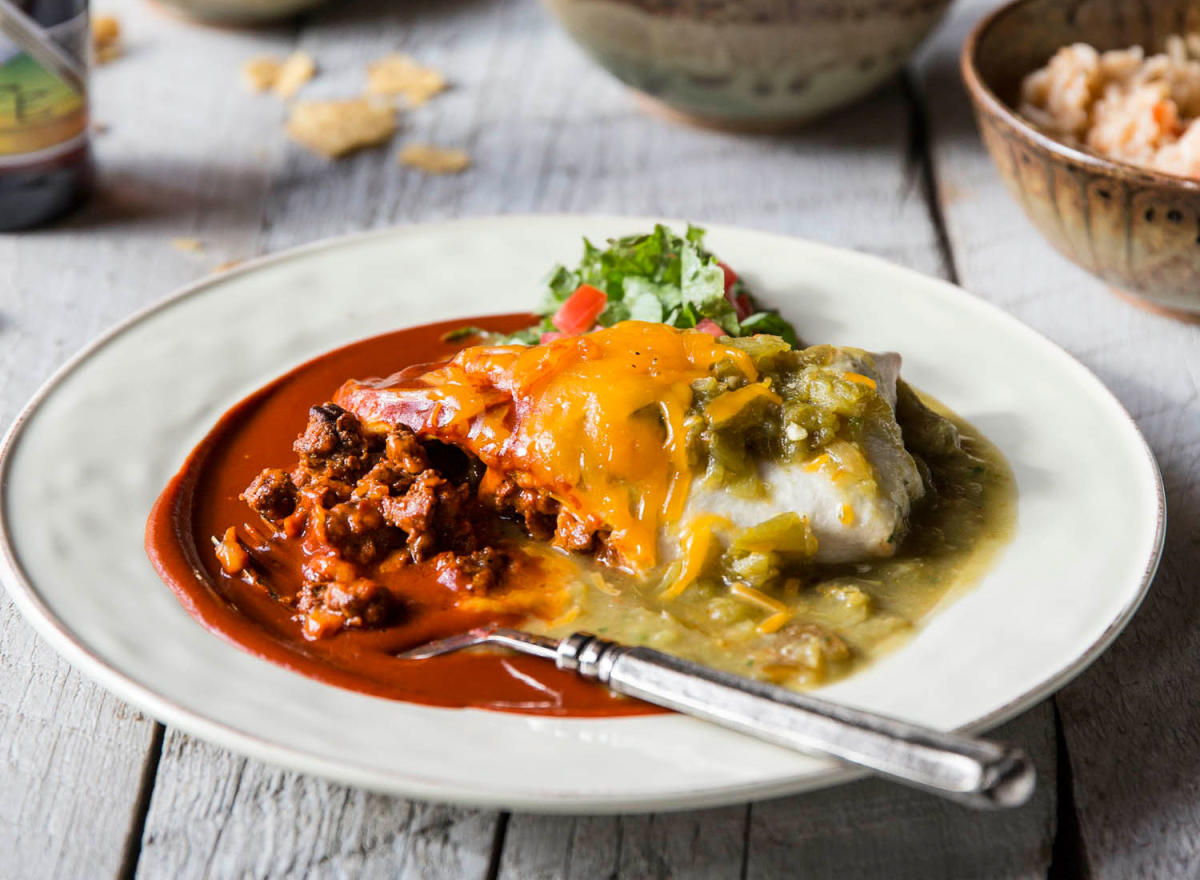For many of us, caffeine is an essential part of our daily routine. Whether it’s a cup of coffee in the morning a cup of tea in the afternoon, caffeine helps us stay alert and focused throughout the day. But when it comes to caffeine, not all beverages are created equal. In the battle of coffee vs. tea, which reigns supreme?
Let’s start with coffee. Coffee is one of the most popular beverages in the world, and for good reason. It’s rich, bold flavor and high caffeine content make it the perfect pick-me-up in the morning. But how much caffeine does coffee actually contain?
On average, an 8-ounce cup of coffee contains around 95 milligrams of caffeine. However, this can vary depending on the type of coffee and how it’s brewed. For example, a shot of espresso contains around 63 milligrams of caffeine, while a 16-ounce cup of brewed coffee from a coffee shop can contain up to 330 milligrams of caffeine.
But while coffee may be the go-to beverage for many caffeine lovers, it’s not without its downsides. Drinking too much coffee can lead to jitters, anxiety, and even insomnia. Additionally, coffee can be acidic, which can lead to digestive issues for some people.
So what about tea? While tea may not be as popular as coffee, it has its own loyal following. Tea is available in a variety of flavors and varieties, from black tea to green tea to herbal tea. But how much caffeine does tea actually contain?
On average, an 8-ounce cup of black tea contains around 47 milligrams of caffeine, while an 8-ounce cup of green tea contains around 28 milligrams of caffeine. Herbal teas, which are made from a variety of plants and do not contain caffeine, are a great option for those who want to avoid caffeine altogether.
But while tea may be a gentler source of caffeine than coffee, it’s not without its downsides. Some people find that tea can be dehydrating, and certain types of tea (like black tea) can be acidic and lead to digestive issues.
So which beverage reigns supreme in the battle of coffee vs. tea? The answer, as with many things in life, is that it depends on the individual. Both coffee and tea have their own unique benefits and drawbacks, and the best choice for you will depend on your personal preferences and needs.
If you’re looking for a quick pick-me-up in the morning, coffee may be the way to go. Its high caffeine content and bold flavor make it the perfect way to start your day. However, if you’re looking for a gentler source of caffeine or want to avoid the jitters and anxiety that can come with drinking too much coffee, tea may be a better option.
Additionally, both coffee and tea have been shown to have a variety of health benefits. Coffee has been linked to a reduced risk of Parkinson’s disease, type 2 diabetes, and liver cancer. Tea, on the other hand, has been linked to a reduced risk of heart disease, stroke, and certain types of cancer.
But it’s important to remember that these health benefits are not a license to drink unlimited amounts of coffee or tea. Like any beverage, coffee and tea should be consumed in moderation as part of a balanced diet.
In conclusion, the battle of coffee vs. tea is a complex one. Both beverages have their own unique benefits and drawbacks, and the best choice for you will depend on your personal preferences and needs. Whether you’re a die-hard coffee lover or a tea aficionado, it’s important to remember that moderation is key when it comes to caffeine consumption. So next time you’re in need of a caffeine fix, consider reaching for a cup of coffee or tea – whichever one suits your tastes and needs best.









